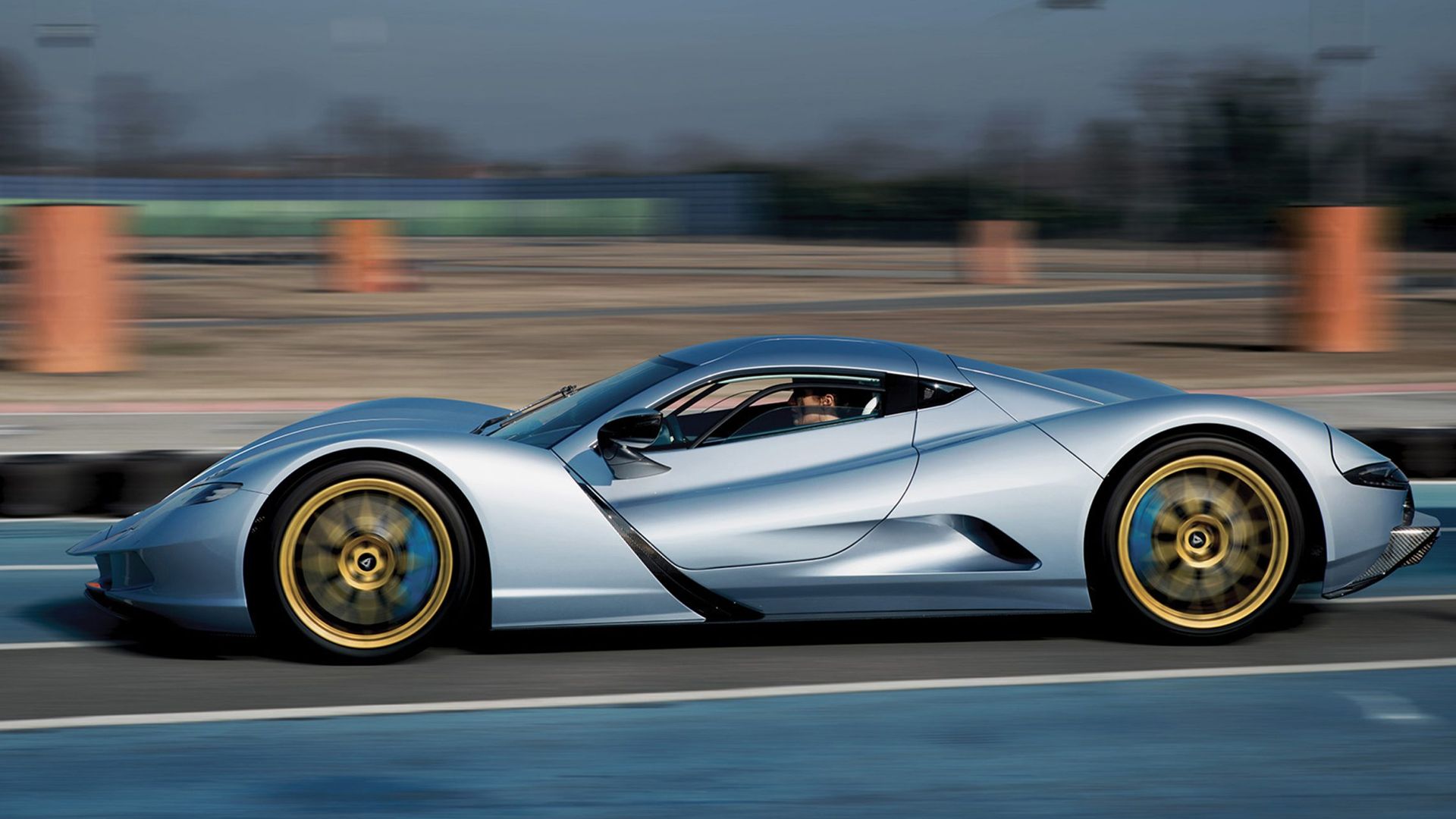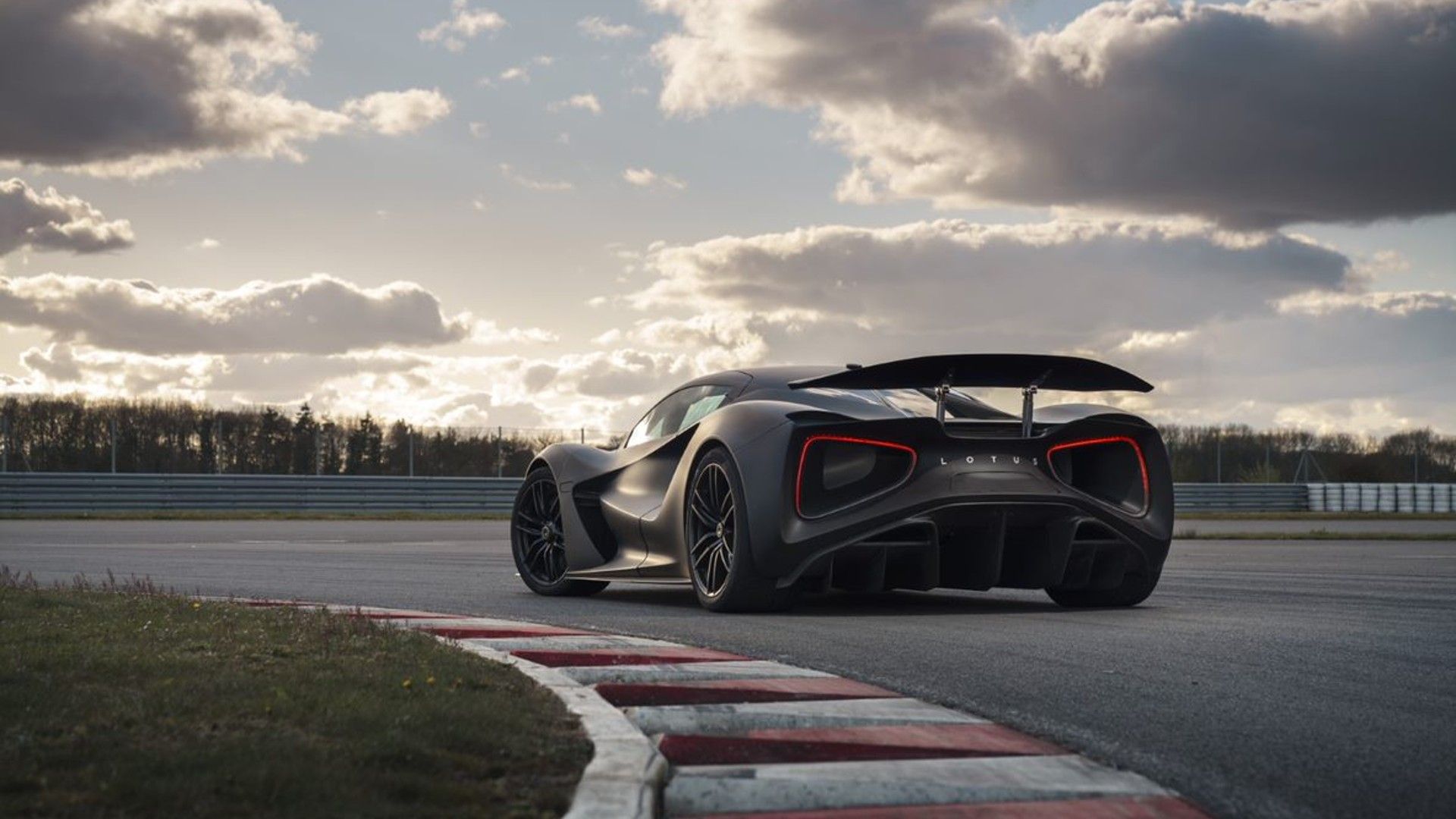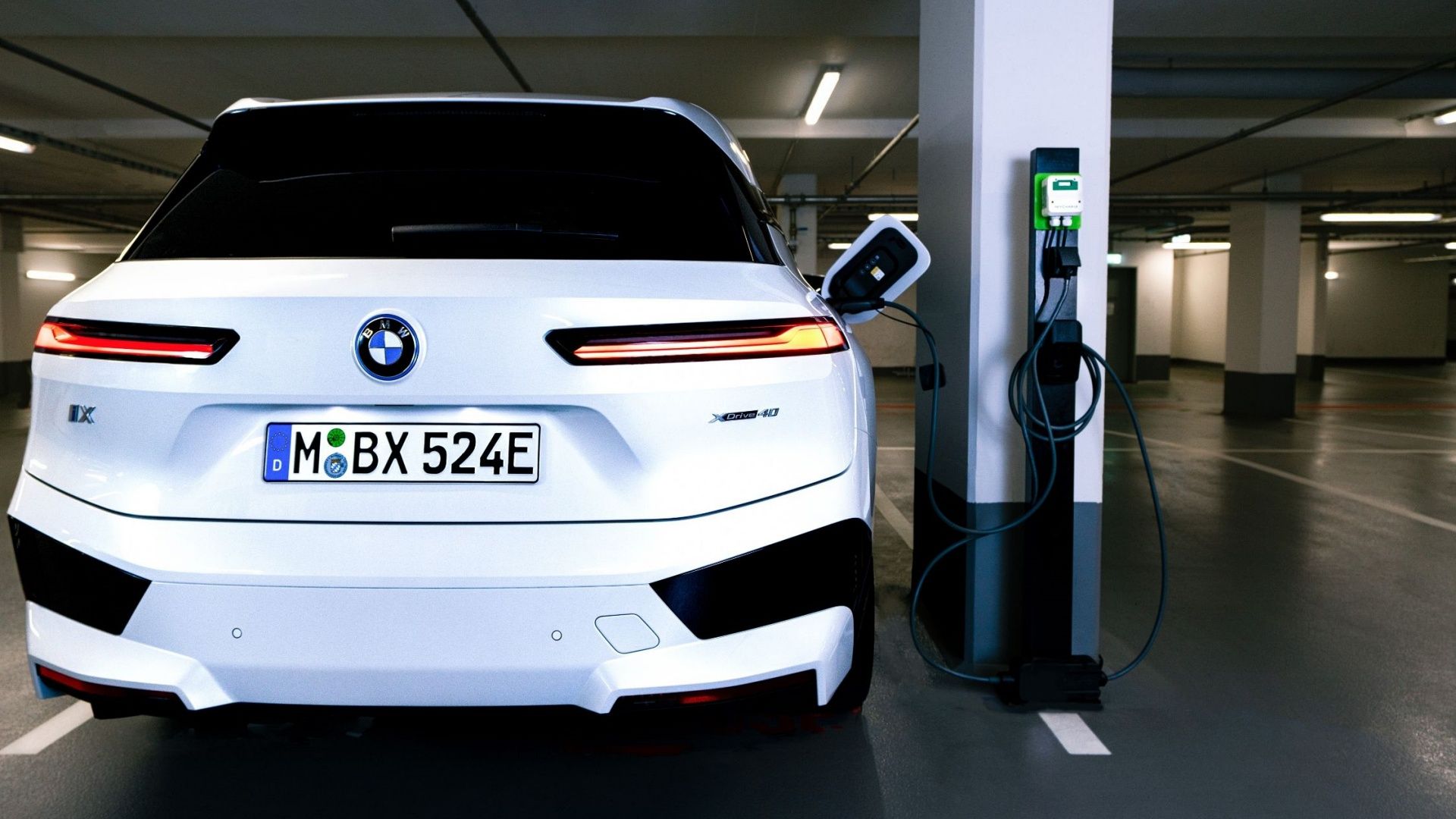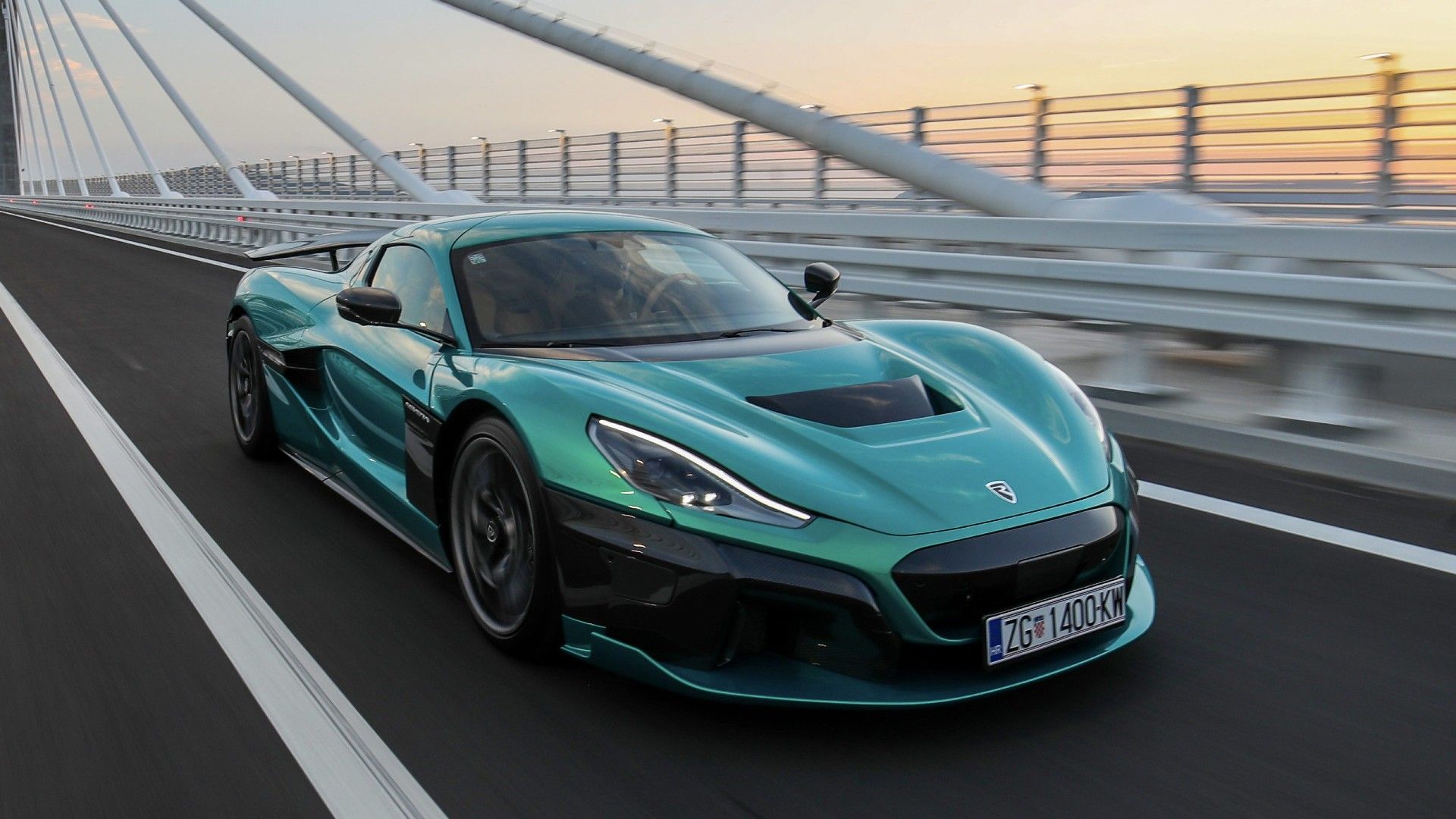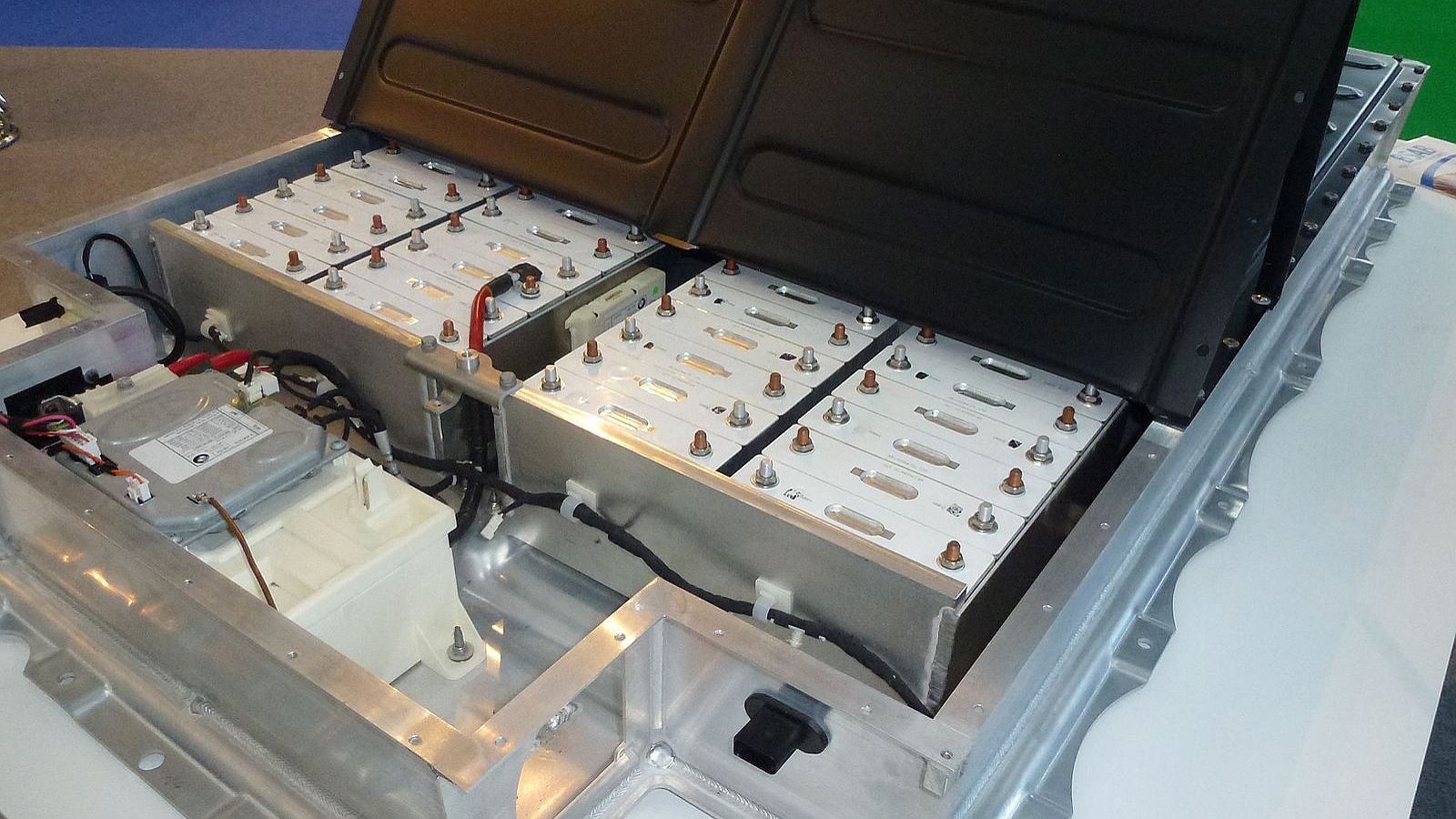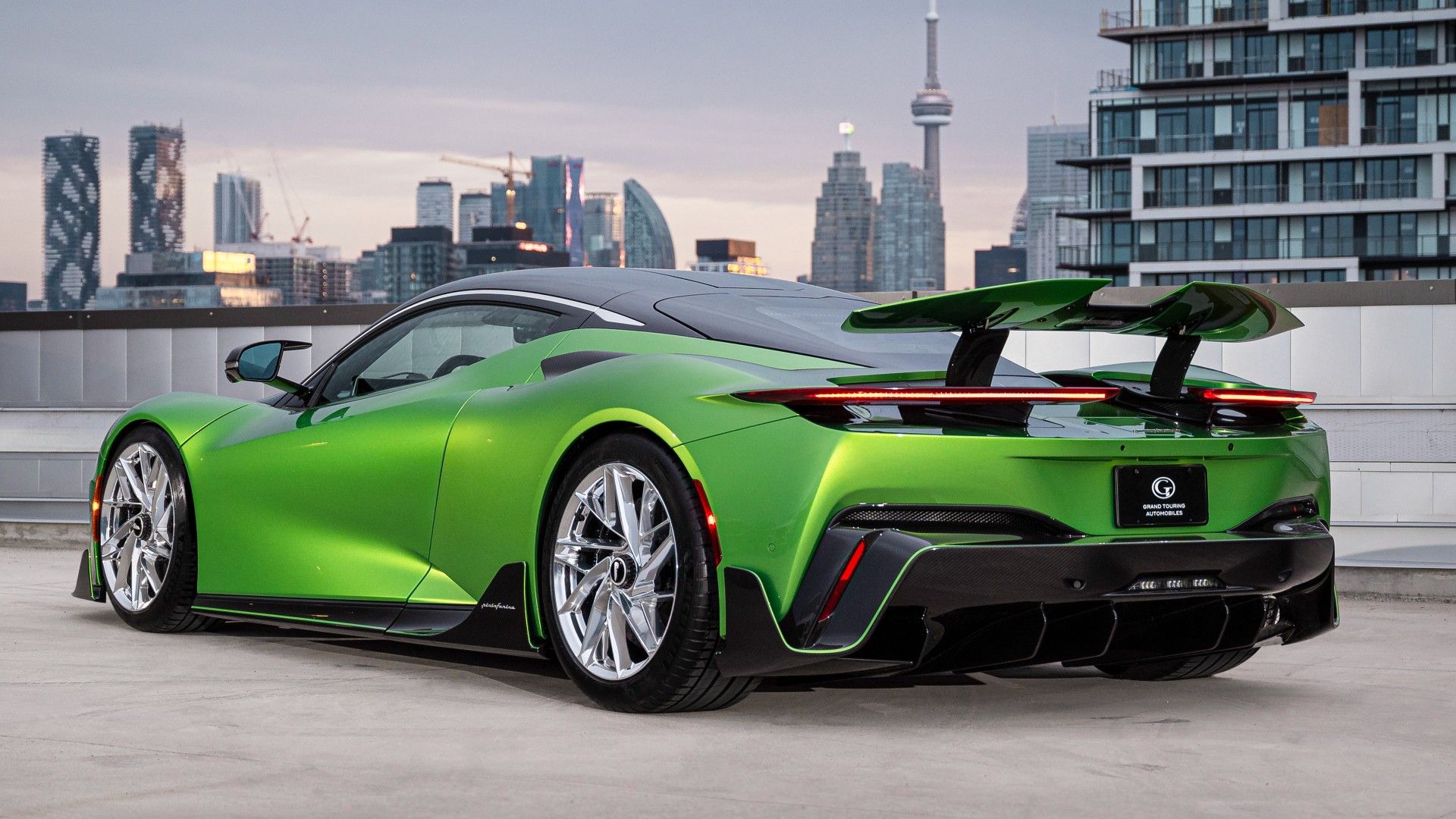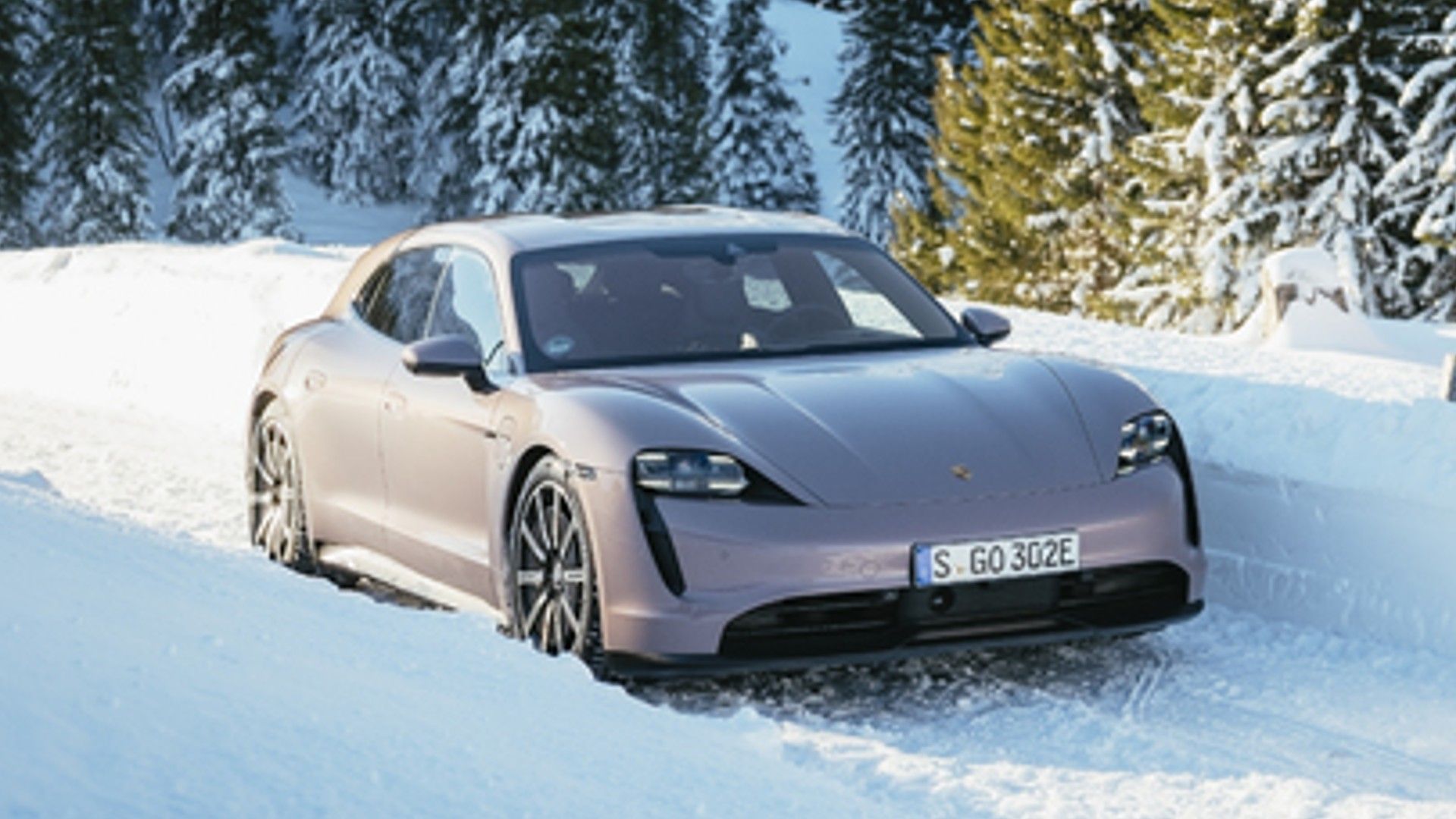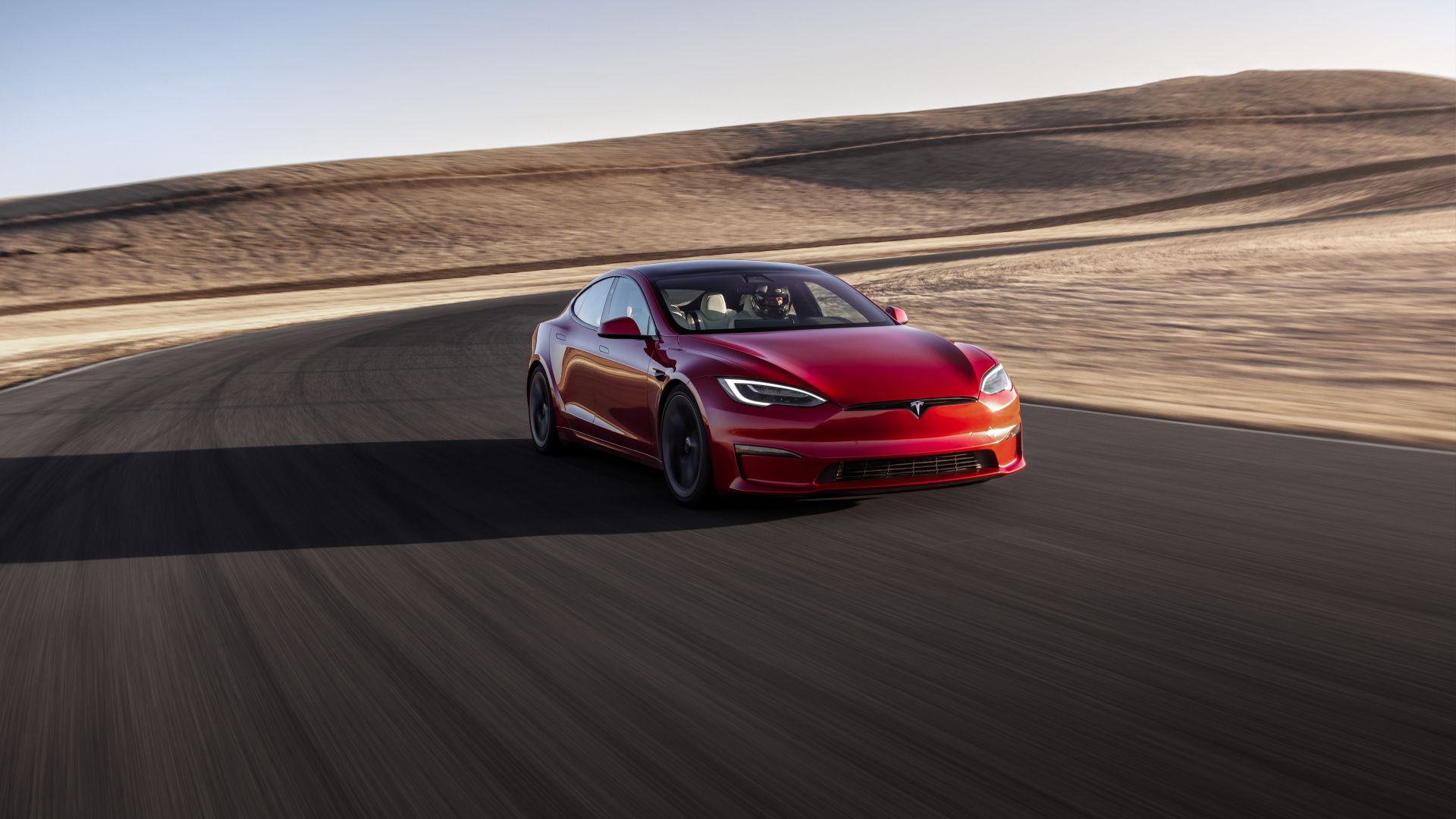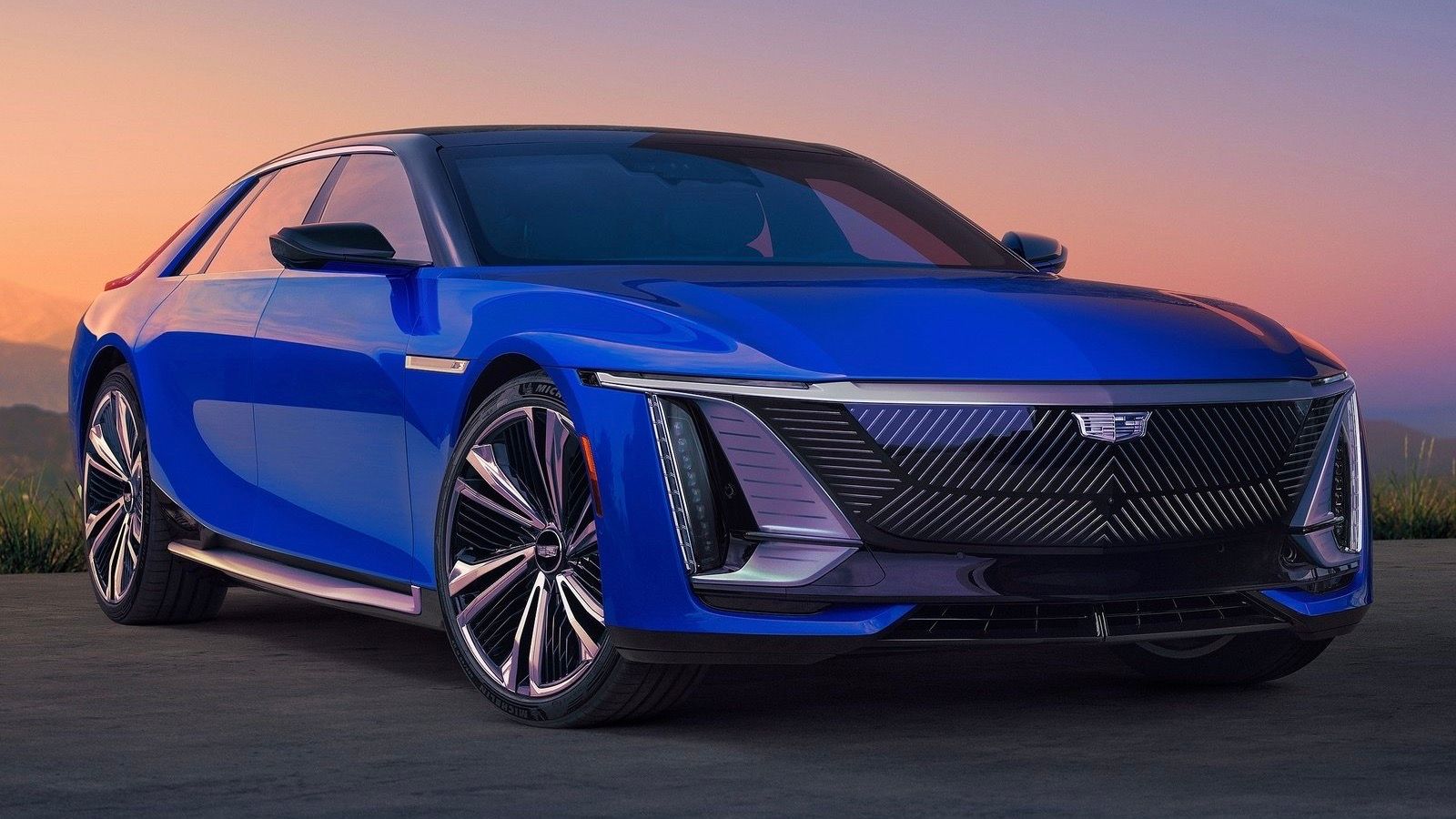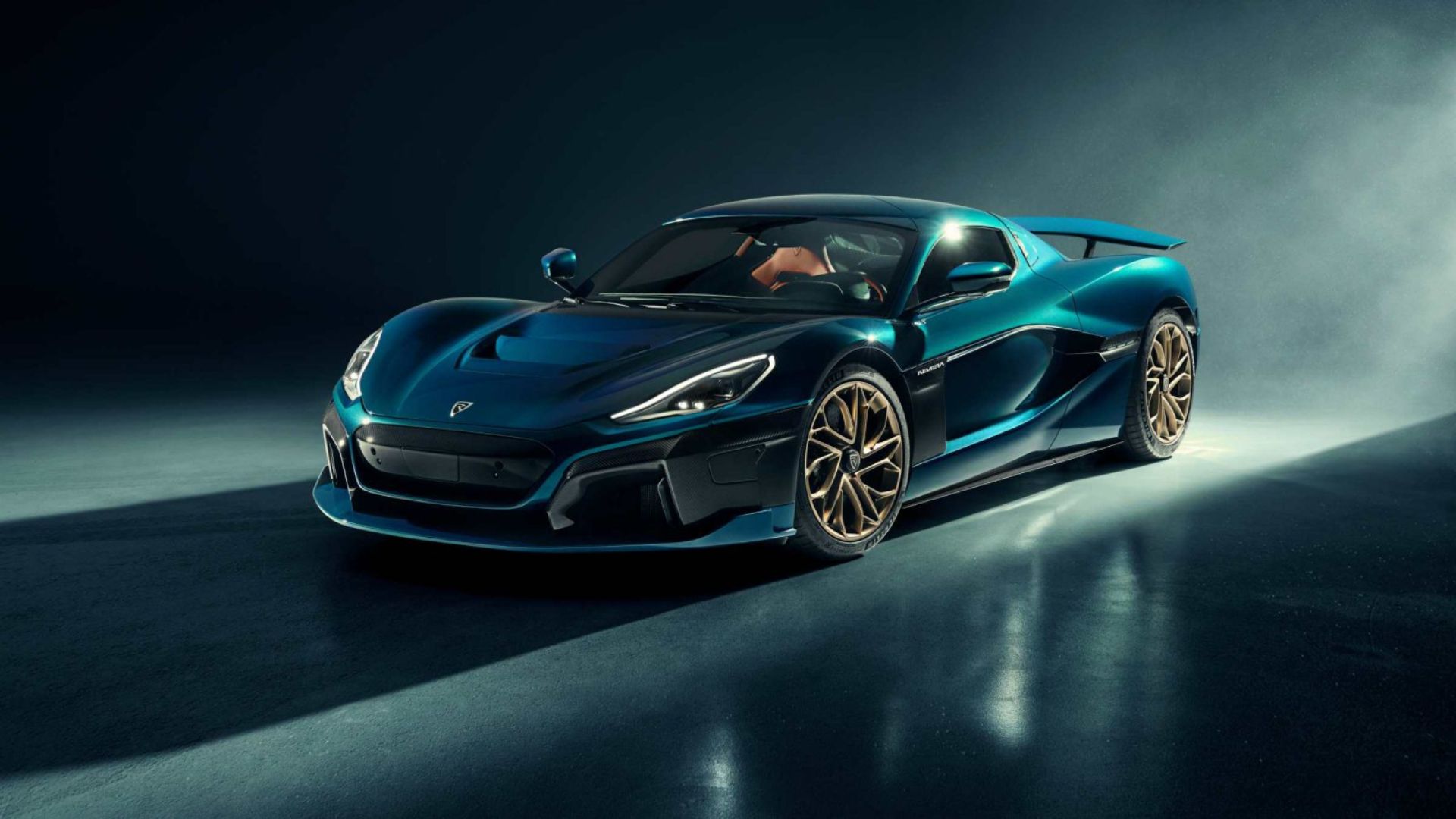Summary
- Fast electric cars are often overrated due to their ridiculously high prices, making them unaffordable for the average consumer.
- Limited range is a significant drawback of fast EVs, especially for long road trips, as their high battery discharge rate drains the battery quickly.
- Fast charging technology for EVs still lags behind refueling a gasoline vehicle, with charging times ranging from 20 minutes to several hours, depending on the vehicle and charging source.
There’s no need for fans of fast electric cars to bring out their pitchforks here. We’re the first to admit that the temptation of an electric car that can dart from 0 to 60 mph in a flash is hard to resist. And indeed, we’ve often found ourselves daydreaming about driving a sleek and aerodynamic electric car with sexy curves on an open road. These all-electric vehicles fuse the best of innovation and engineering to deliver a healthy punch of raw power with a dose of eco-friendliness. In fact, one could argue that they are reshaping the perception of what EVs can achieve and playing a role in mass EV adoption.
However, in the blinding shine of these speed demons, we might be overlooking a few dents and smudges. We have to stop for a second and ponder: Are there aspects of these fast electric cars that are perhaps exaggerated a bit too much? Shouldn’t we identify the problems holding back sales of “fast” EVs? Here’s why fast electric cars are overrated.
1 They Are Ridiculously Expensive
Let’s cut to the chase. Electric cars for everyday use are already pricier than our trusty old gasoline-fueled rides. But when you step into the world of high-speed EVs, it could feel like you’re literally throwing away your money. Setting aside the jaw-dropping Aspark Owl at $3.5 million (we mean, come on, you could snag a private jet for that kind of money) or the elusive Lotus Evija at $2.3 million with just 130 units around, there’s the Lucid Air Sapphire sitting at the bottom of the most expensive fast electric cars in the world. And guess what? It demands a whopping $249,000.
2 Fast EVs Grapple With Limited Range
Range anxiety is a common concern for many potential EV buyers. This apprehension is further intensified when considering ultra-fast electric cars, which may not be ideal for extended road trips without frequent charging stops. For instance, the Lotus Evija, heralded as one of the world’s most powerful production cars, provides only 250 miles of range on a single charge. There’s also an example of the expensive Porsche Taycan, offering a top range of just 246 miles. This range limitation often stems from the engineering demands of fast electric vehicles. The thirst for rapid acceleration necessitates a high battery discharge rate.
In layman’s terms, the faster you want to go, the quicker you’ll drain the battery. Additionally, weight plays a significant role in limiting their range. These EVs have design and performance features such as wider tires, aggressive body kits, heftier brakes, reinforced suspensions, and larger batteries essential for delivering that extra power — all of which add to the overall weight and reduce the range. The 2023 Lucid Air stands out as an exception, with its top speed of 168 mph and a range of 516 miles. However, the Lucid Air Grand Touring Performance model comes with a hefty price tag of $180,000. This underscores one crucial point in the world of fast EVs: there’s going to be a correlation between price and range (no other way around it).
3 Fast Charging Hasn’t Caught Up With Refueling A Gasoline Vehicle
One of the initial arguments ICE supporters raise against EVs is the slow charging time, which can vary from twenty minutes to six hours, depending on the type of vehicle, charging source, and voltage. For example, the 2023 Porsche Taycan is the first electric vehicle in the world to feature an 800-volt charging system, allowing it to add 62 miles of range in just five minutes.
However, it still takes 22.5 minutes to charge from five to 80 percent when using DC fast charging. Even the Lucid Air, leading the fastest charging EV race, requires about 15 minutes to replenish its battery from 20 to 80 percent. The entire recharging landscape could shift with the use of solid-state batteries, like Toyota’s recent claim of a 750-mile range solid-state battery that recharges in roughly 10 minutes. But for now, this remains a point of contention against fast EVs.
4 EVs Are Not Yet Capable To Go Faster Than Gas Cars
The Rimac Nevera has clinched the crown as the world’s fastest electric car by unleashing a staggering top speed of 258 mph. And while there are several electric speedsters breaking the 200 mph mark, they’re still playing catch-up to their ICE counterparts. For instance, the Koenigsegg Agera R has a top speed of 260 mph, and it is not even in the top 10 list of fastest ICE cars in the world. In fact, there are five cars with a top speed of over 300 mph: Koenigsegg CC850, Bugatti Chiron Super Sport 300+, SP Automotive Chaos, Bugatti Bolide, and Hennessey Venom F5.
Though the fast EV sector has made remarkable progress in a relatively short span, it’s yet to match the sheer velocity of traditional speed giants. It’s worth noting that the gap between electric cars and ICE cars is closing. As battery technology improves, electric cars will become lighter and more powerful. But for the time being, we’ll have to wait for a few years to see fast EVs level the playing field.
5 Battery Can Wear Out Fast And The Replacement Is Expensive
While it’s understood that an EV battery won’t last forever, replacing a larger battery pack (such as those used in high-speed EVs) can run into tens of thousands of dollars. That’s why major players in the EV game are throwing down warranties stretching up to eight years or covering 100,000 miles, sometimes even more. Additionally, a well-maintained, high-quality battery can have a lifespan of about 12 to 15 years (this can reduce to 8 –12 years in extreme temperatures). However, frequent fast charging can significantly reduce a battery’s lifespan.
Researchers have discovered that fast charging can damage the capacity of an electric battery after only 25 charges. And when you crunch the numbers, with battery pack costs hovering around $151/kWh, it becomes clear that habitual fast charging might not be the economical choice in the long run.
6 They Are Not As Green As You Think
Sure, an EV doesn’t emit greenhouse gases like traditional cars, but their carbon footprint is often swept under the rug to bolster their eco-friendly image. The reality is that the manufacturing process of these vehicles can contribute to carbon emissions just as traditional gasoline cars do. In fact, some studies suggest that the production of an EV might even generate more carbon emissions than manufacturing its gasoline-driven counterpart. However, it’s worth noting that the combined greenhouse gas emissions from producing, charging, and driving an EV are less than those of a gasoline vehicle.
Beyond this, the environmental toll of EV battery production is significant. The mining of materials such as cobalt, lithium, and nickel involves processes that release toxic fumes into the atmosphere, and improper recycling results in contaminating leaks that are polluting water sources. Furthermore, you have to consider another crucial yet often ignored fact: electricity production. The U.S. generates about 60 percent of its electricity from natural gas, coal, and petroleum. This undermines the entire purpose, as electricity produced from burning these resources is used to charge EVs that are marketed as eco-friendly. Do you see our point here?
7 They Struggle To Perform In Cold Weather
As mentioned earlier, fast EVs tend to have a limited range, particularly when driven aggressively, as this can drain the battery more quickly than expected. But this problem can intensify dramatically in colder temperatures. Factors such as the EV taking longer to warm up and the use of a heater can cause the battery to deplete more quickly. It’s not merely speculative; real-world data supports this concern.
According to a study by AAA, an EV’s driving range can plummet by up to 41 percent in 20-degree Fahrenheit conditions. Now, you might be thinking, “I wouldn’t drive a high-speed EV in the cold,” but it’s crucial to consider all scenarios. Even high-end EVs aren’t immune to the challenges of cold weather, and their range will undoubtedly shrink as the thermometer dips. So, when you factor in both speed and temperature variables, the practical limitations of fast EVs become quite evident.
8 The Tires Wear Out Fast!
Owning a fast EV is quite exciting, but most new owners don’t realize that the EV tires wear out 20 percent faster than on an ICE vehicle. This is due to two reasons, both of which are currently unavoidable (especially the second one). Firstly, the EV’s tires wear out more quickly because of the excessive weight of heavy batteries. Take, for example, the Tesla Model S Plaid, which tips the scales at 4,776 pounds, or the GMC Hummer EV which weighs over 9,000 pounds!
Performance-oriented EVs necessitate larger, beefier batteries to meet their power demands. This additional weight places more strain on the tires, causing them to wear down more quickly. Secondly, the immediate torque characteristic of high-performance EVs exerts significant pressure on the tires. For instance, Rimac Nevera generates 1,914 horsepower and 1,741 pound-feet of torque to sprint from zero to 60 mph in just 1.9 seconds. Understandably, this instantaneous power generates lots of friction, resulting in accelerated wear and tear on the tires.
9 They Don’t Command A Good Resale Value For Now
While the Tesla Model 3 and Ford Mustang Mach-E consistently come up in discussions about EVs with good resale value, the same can’t be said for many other EVs, especially those catering to the thrill-seeking demographics. A plausible explanation might be that the EV resale market hasn’t yet fully matured, potentially leaving you with a less-than-favorable deal after just three or five years. Also, resale value estimations in the gasoline vehicle sector aren’t as ambiguous as they are in the plug-in arena.
As Patrick Anderson, founder of Anderson Economic Group, pointed out to Business Insider, “Nobody knows what that is going to be for a Cybertruck, F-150 Lightning, or a Lucid Dream Edition.” Understandably, there’s currently no definitive method or clear understanding of how to value a used fast EV accurately.
10 There’s A Scarcity Of ‘Available’ Options In The Fast EV Marketplace
The high-performance EV market is still in its infancy compared to its ICE counterparts. It’s hardly surprising, given that the fast ICE vehicle market has a legacy enriched by over a century of relentless innovation. Reputable automakers like Porsche, Ferrari, and Lamborghini have dedicated decades to honing their machines into high-octane beasts. This has offered thrill-seekers a broader spectrum of options in terms of performance details and diverse price range.
Meanwhile, the fast EV segment is still stretching its legs and has only a handful of players, and most of them are limiting the production numbers and announcing far-fetched delivery dates. This is also because auto giants like GM, Volkswagen, Ford, Hyundai, and Nissan are prioritizing the production of affordable, mass-market electric vehicles to accelerate EV adoption. While this is great for the EV industry, it inadvertently means high-performance EVs take a backseat, leaving speed enthusiasts yearning for more.
Source
https://www.topspeed.com/why-fast-electric-cars-are-overrated/


